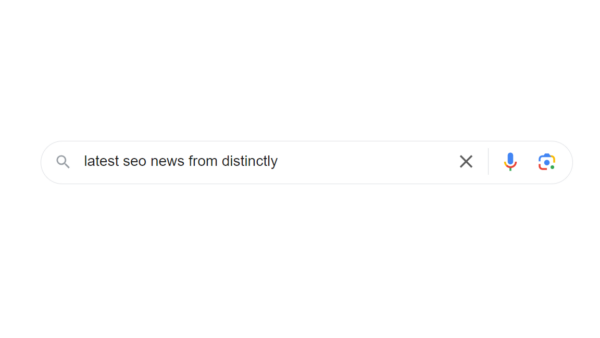What is dense content and what does it mean for the SEO industry?
Bite-sized blog posts and lists have dominated the content arena in recent times, alongside extended pieces that explore a topic, trend or tool in detail.
With many feeling that short pieces of content are of little value and extended pieces are simply written for search engines and not readers, the time is right for the prevalence of one of the predicted top SEO industry trends of 2017 – dense content.

What is dense content?
An alternative to ‘light’ short form blog content and ‘heavy’ in-depth long form content pieces, dense content is designed to provide a reader with as much information as possible in the smallest amount of space.
Essentially, the key information from a news story, article or summary is condensed into the briefest form, whilst retaining the key points, ensuring the reader benefits from valuable, relevant information in a compact form.
Dense content appeals to readers by showing them something they haven’t already read elsewhere, whilst allowing them to learn as much as possible, in as little time as possible.
What does dense content comprise of?
Dense content should be:
- Informative
- Specific to your business/brand
- Original to your business/brand
- As long as possible, whilst avoiding repetition and keyword stuffing
Why has dense content evolved?
Readers are growing tired of seeing the same recycled content over and again. Often you will see a piece on a site that is all but identical to a piece you have read on another site, with just a few words changed here and there to avoid the issue of duplicate content.
What does dense content mean for the SEO industry?
By its very nature, dense content will naturally create organic traffic and attract backlinks with its ‘dense’ quality.
Although surprising to some, a piece of content of over 2,000 words typically receives more views and a higher page rank than a piece of approximately 300 words, despite us being lead to believe in recent times that readers will not spend time reading a lengthier piece.
Will dense content replace short and long form content?
This is currently unknown as dense content as a concept is still in its infancy. Long form content pieces are valuable and beneficial to your rankings, as they are evergreen in nature and contain relevant information. Short form content is also beneficial in the right place, such as within a blog.
Each of the three types of content – long form, short form and dense – certainly have their place in the SEO sphere and we’d advise that all three are utilised to form a comprehensive content strategy.
If you can provide your readers with concise, relevant and beneficial information in a short space of time, they are likely to become a repeat visitor to your site. Strong, unique content will also set your site apart from your competitors in a saturated market.
What do you think about dense content? Will it work for you and your brand? Do you think it will replace short form content and long form content? Let us know your thoughts.



